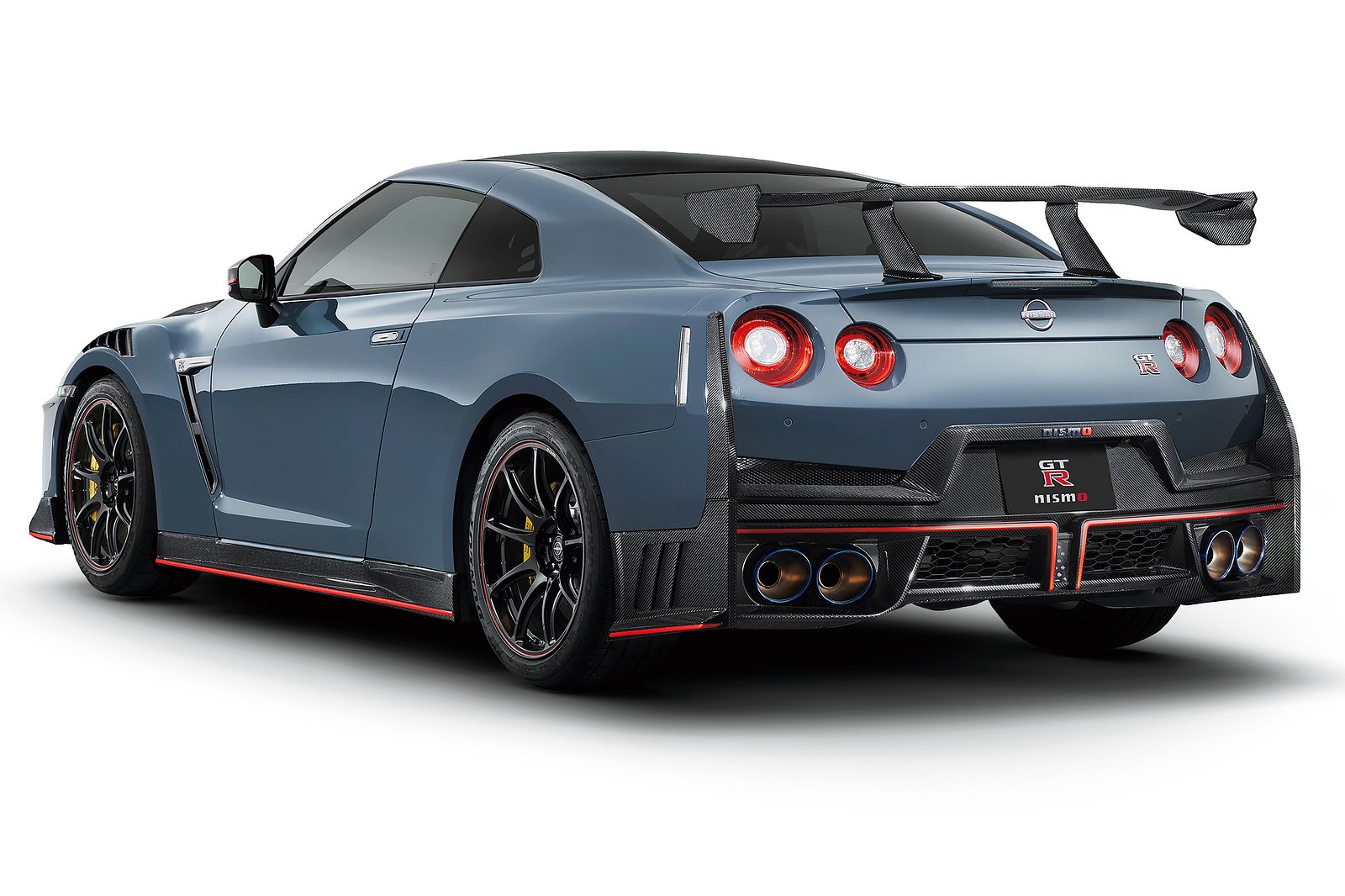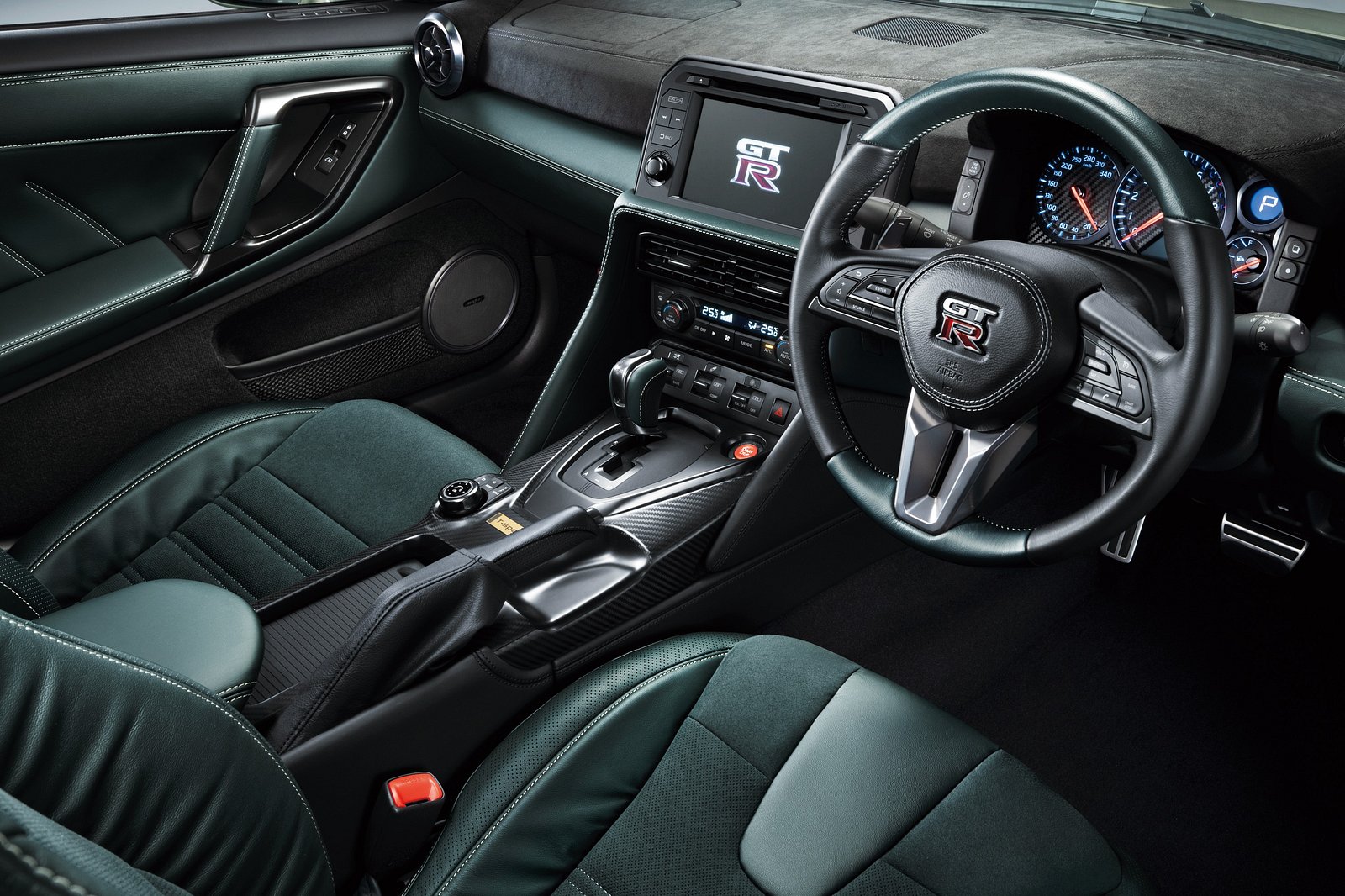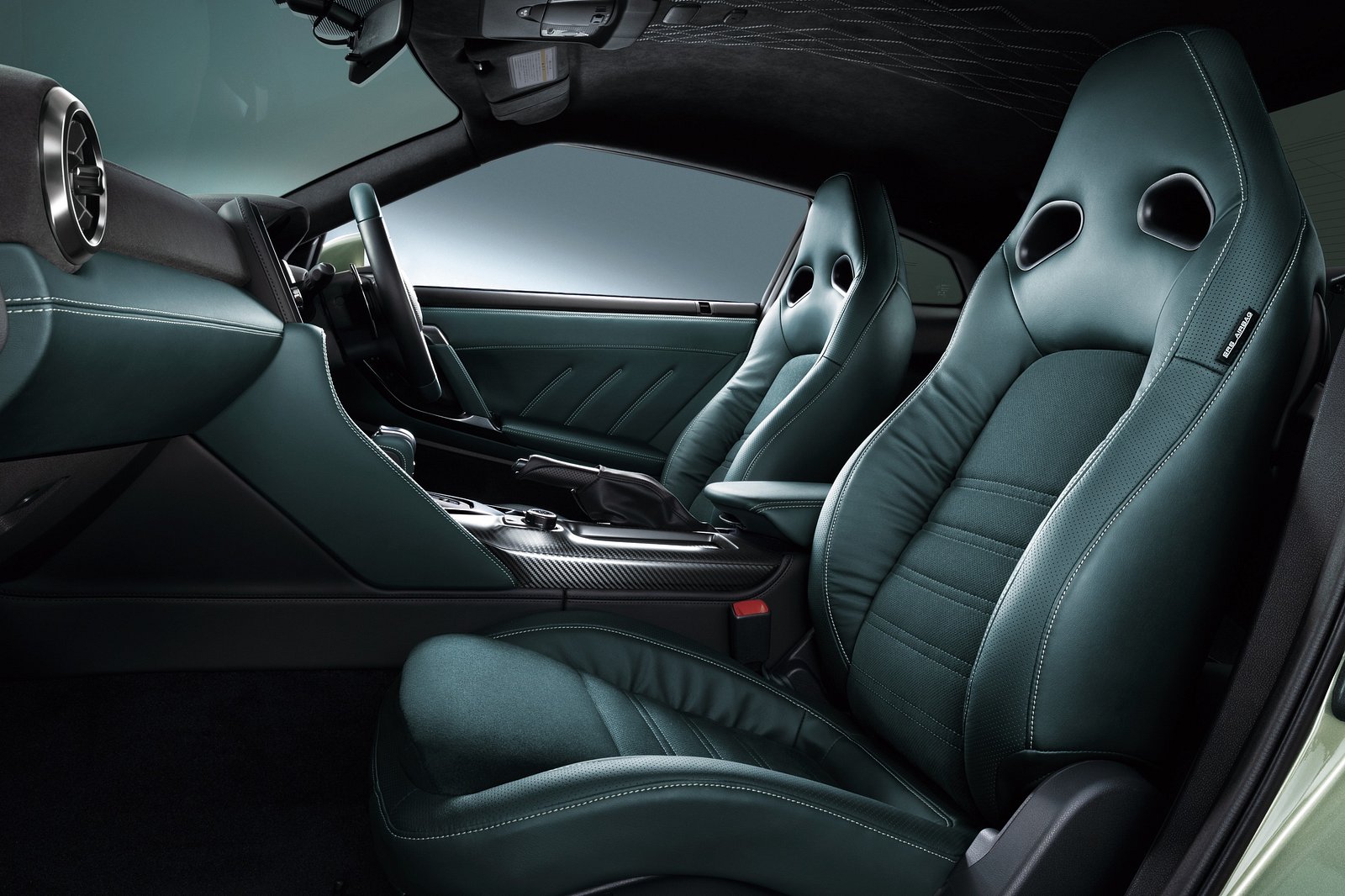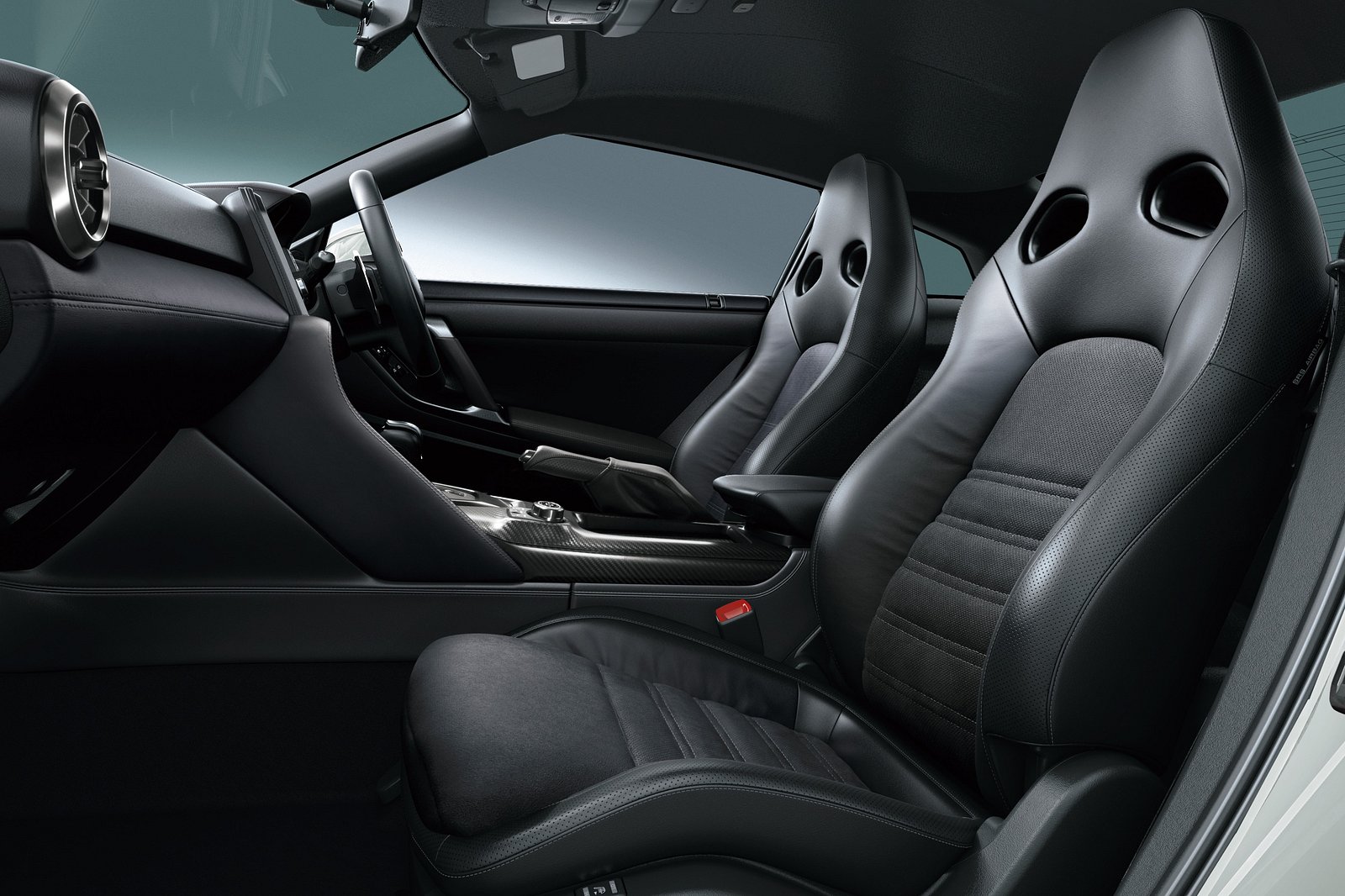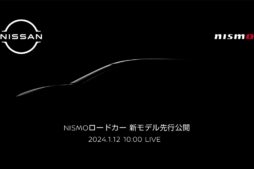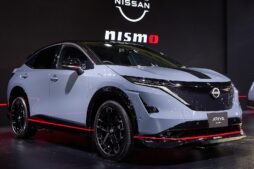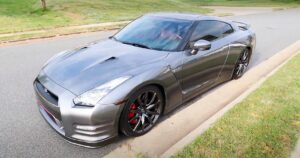R35’s rumored end: true or false?
Nissan’s GT-R model will continue to be produced until the year 2025, as the Japanese car company recently announced upcoming changes for the next model year.
Despite its resemblance to the car that first hit the market in 2007, Nissan has continuously made gradual updates to ensure that the iconic Godzilla stays up-to-date. The latest improvements include the addition of weight-balanced connecting rods, piston rings, and crankshafts to the GT-R Premium Edition T-spec and the GT-R Track Edition, engineered by Nismo. These components were previously only available in the high-end GT-R Nismo model, and are designed to increase turbo spooling and revs for a more powerful performance.
Two options come equipped with aluminum ‘takumi’ badges, denoting the presence of hand-crafted twin-turbo V6 engines made by a select group of artisans in a dust-free space at Nissan’s Yokohama factory. The engine bay also features gold plaques.
In addition to this, the Premium Edition is now customizable with a Blue Heaven interior option.
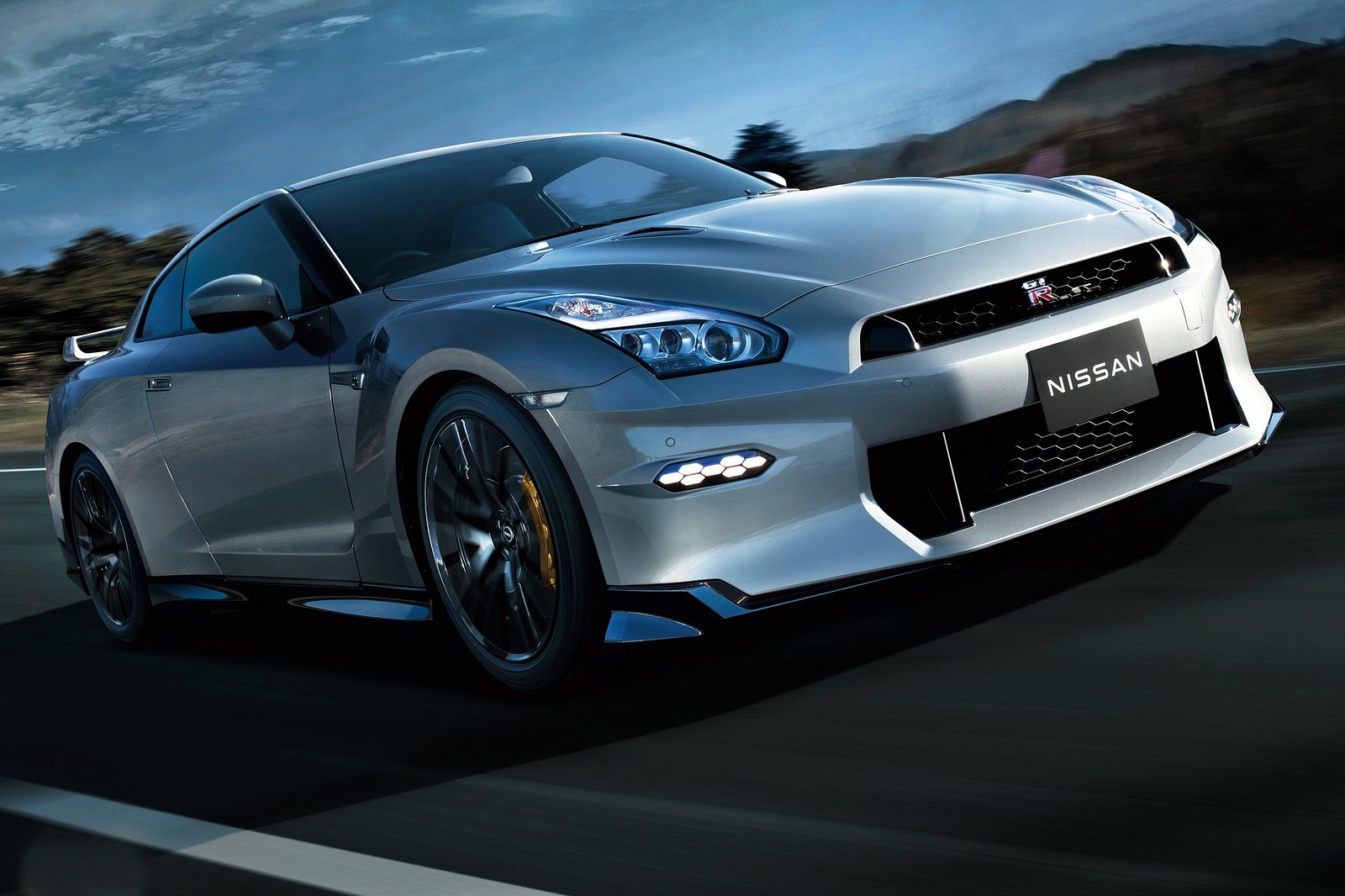
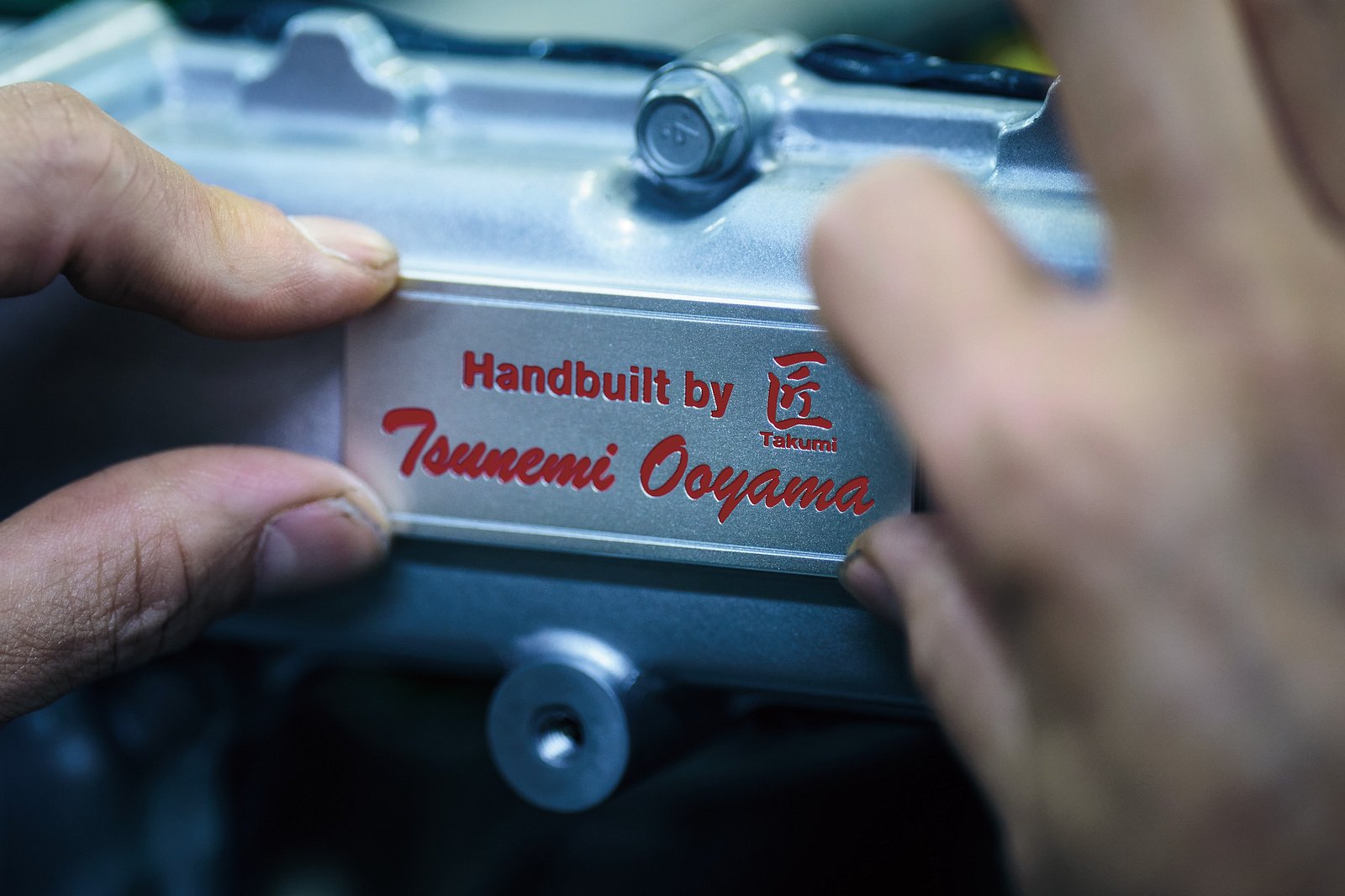
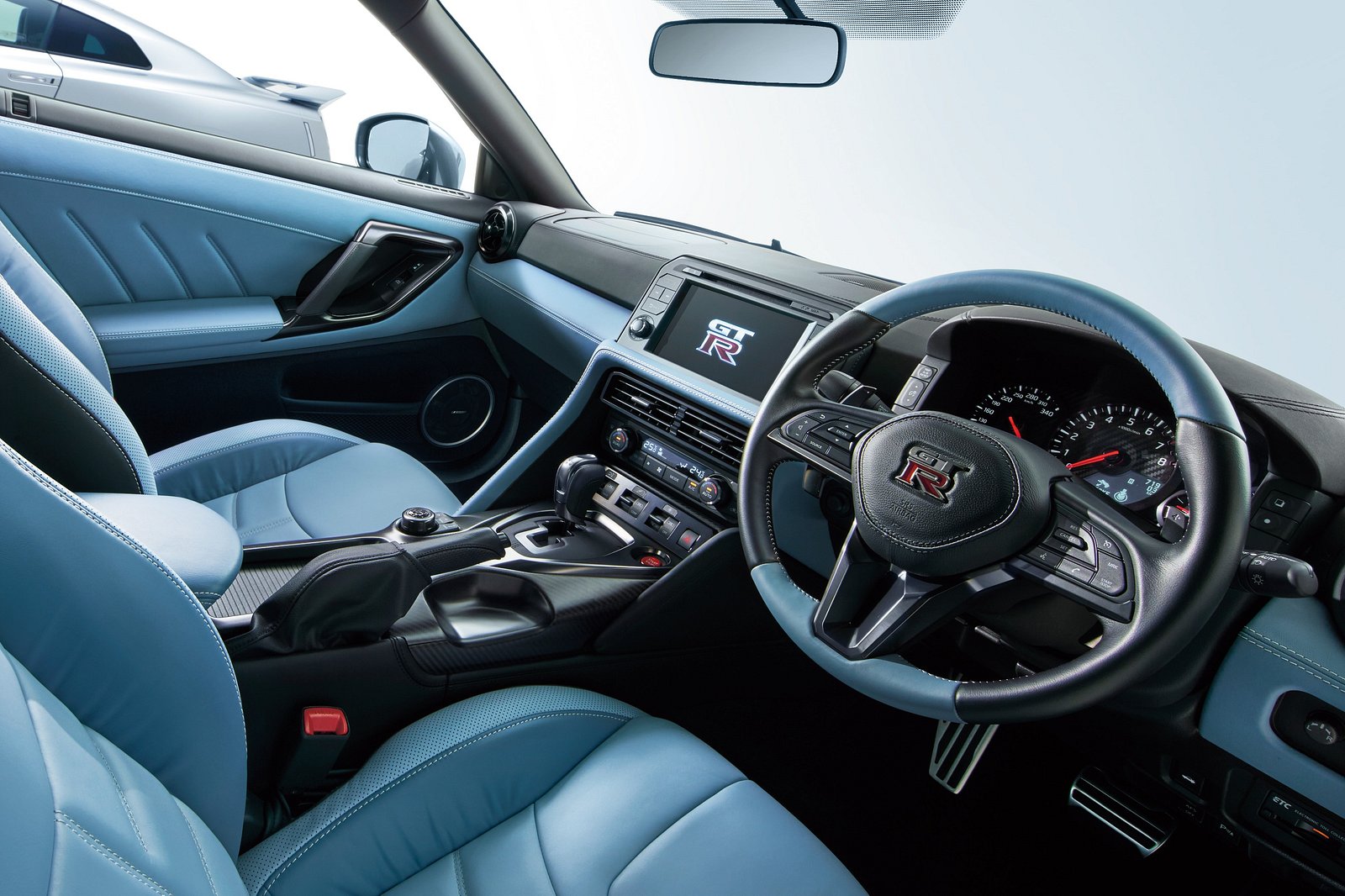
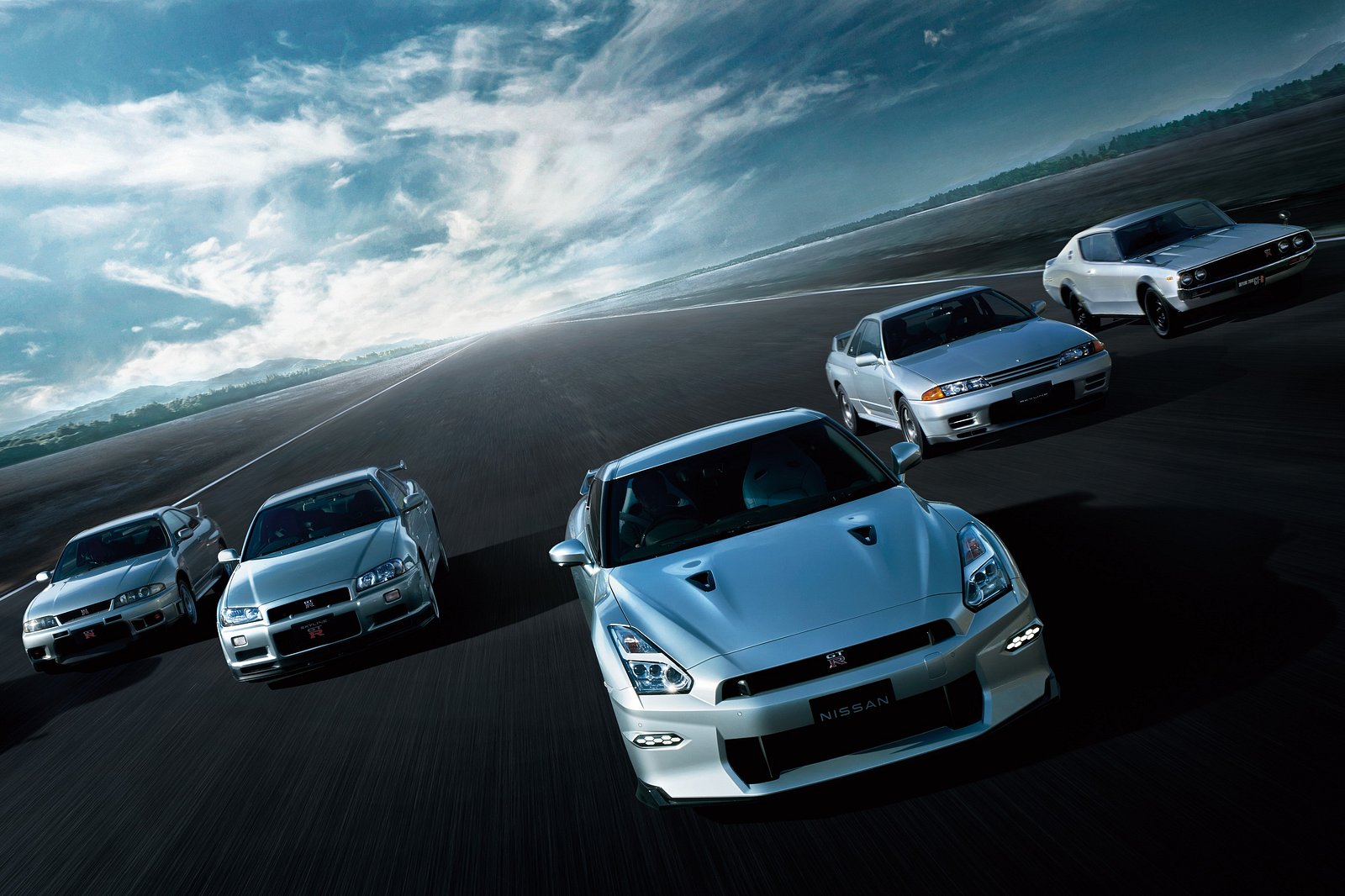
Despite its desirability and exceptional performance, the GT-R is showing its age and no amount of cosmetic updates can conceal this reality. Rumors indicate that the R35 model will be discontinued after MY2025, with Nissan rumored to make an official statement about the future of the GT-R later this year. However, there is still a possibility that Nissan may choose to keep producing it for a longer period. While we have been hearing talks about its discontinuation for quite some time now, the fact remains that the GT-R is still on the market. Nevertheless, it may be time for Nissan to consider moving on from this generation.
However, the car manufacturer recently introduced a refreshed version just two years ago, making it seem peculiar to discontinue it shortly after an upgrade.
Regardless of the fate of the R35, Nissan and its Alliance counterparts are making significant investments in electrification. It is quite logical to presume that the next iteration of the GT-R will either be fully electric or at the very least, a hybrid with a plug-in feature.
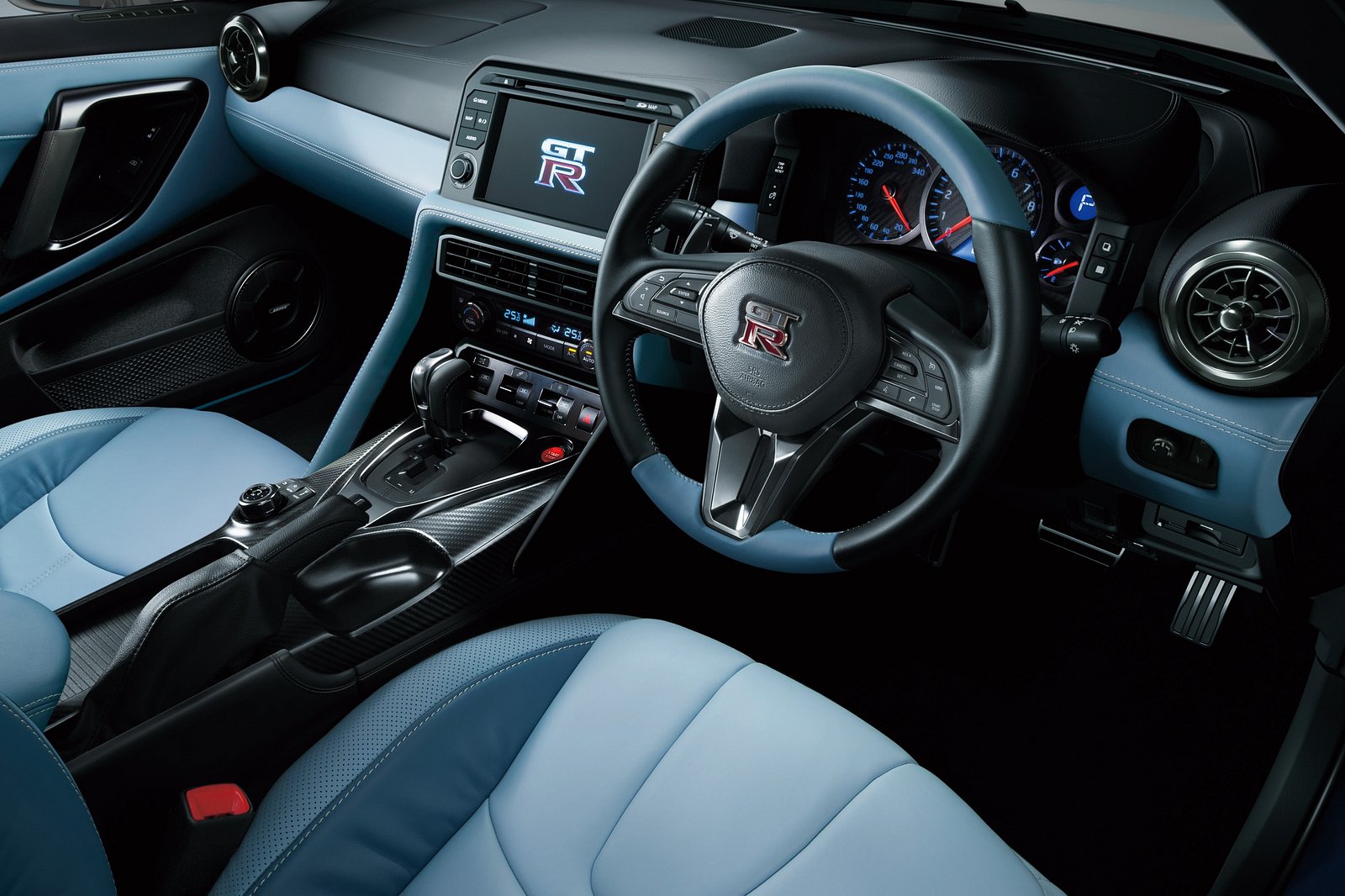
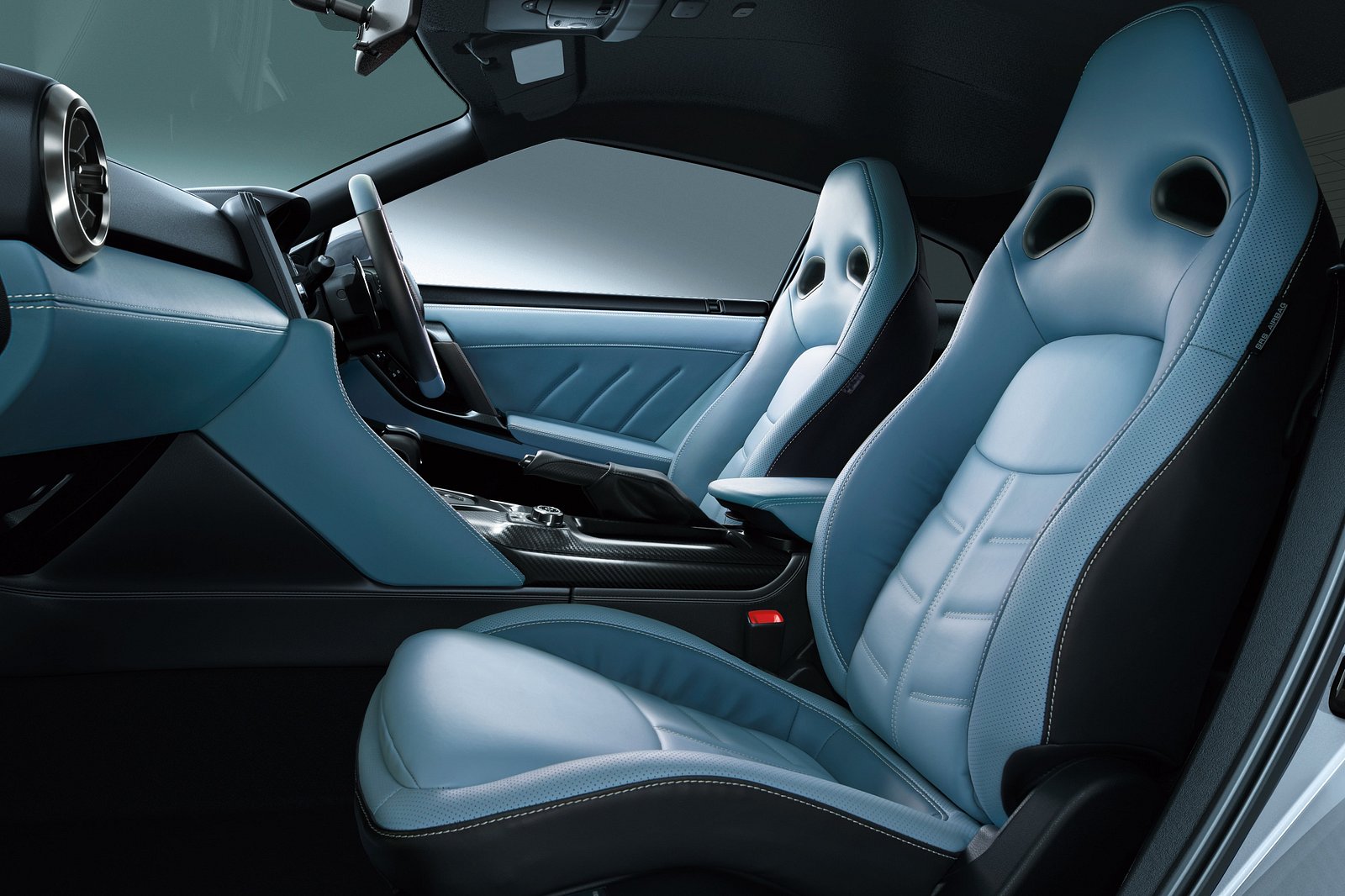
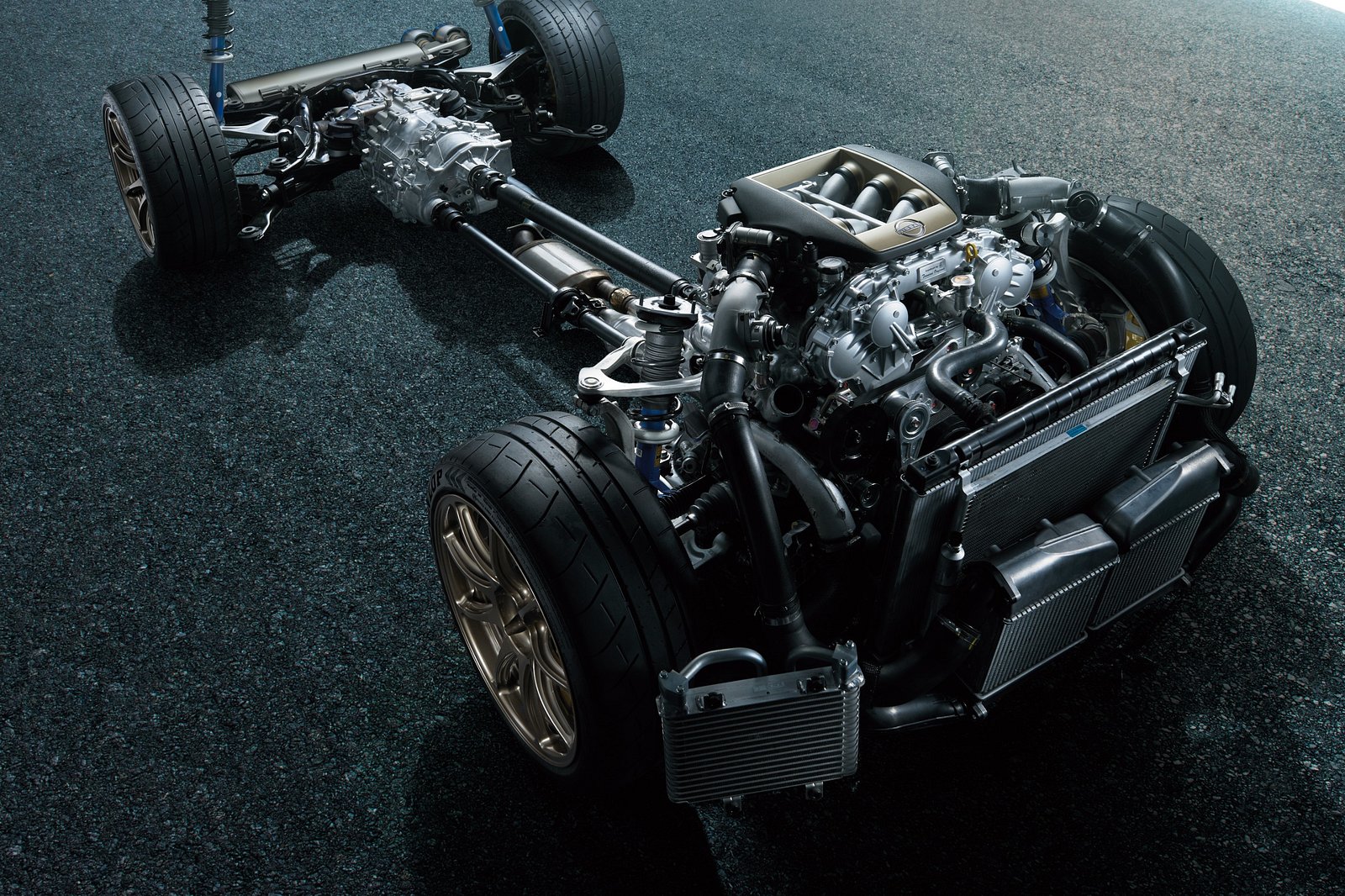
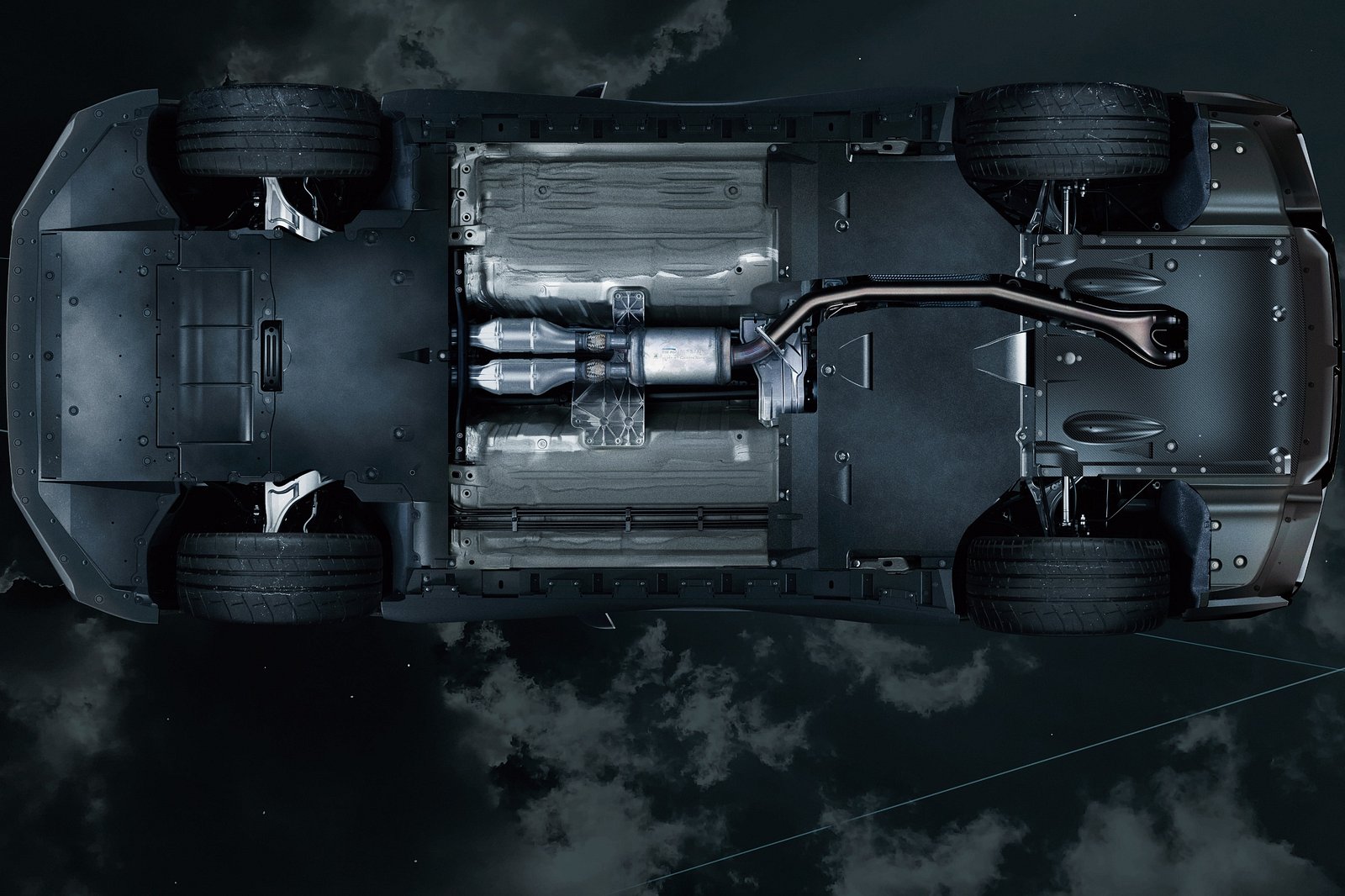
For many years, speculations have arisen about the possibility of a fully electric successor to the R35. While this idea seems logical, Nissan has not made a definitive decision on the future powertrain for the GT-R. In an interview in 2022, the chief engineer of the R35 generation, Hiroshi Tamura, stated that the Japanese brand was still undecided on whether the next iteration of the GT-R should be powered by electricity or continue with a traditional combustion engine.
The previous year, during the Japan Mobility Exhibition, Nissan introduced the impressive Hyper Force prototype. Boasting apparent design influences from the GT-R, a remarkable output of 1,341 horsepower, and a slender carbon fiber frame, it seemed to foreshadow the evolution of the GT-R’s engine. However, Nissan was careful to mention that this was merely a speculative concept, perhaps due to their acknowledgement of the potential resistance from die-hard GT-R enthusiasts towards an electric vehicle.
Currently, Nissan has not officially announced their plan for the powertrain of the R36. However, observing the widespread success of hybrid vehicles worldwide, it may be a shrewd move for Nissan to implement partial electrification, as Toyota has done with great success.
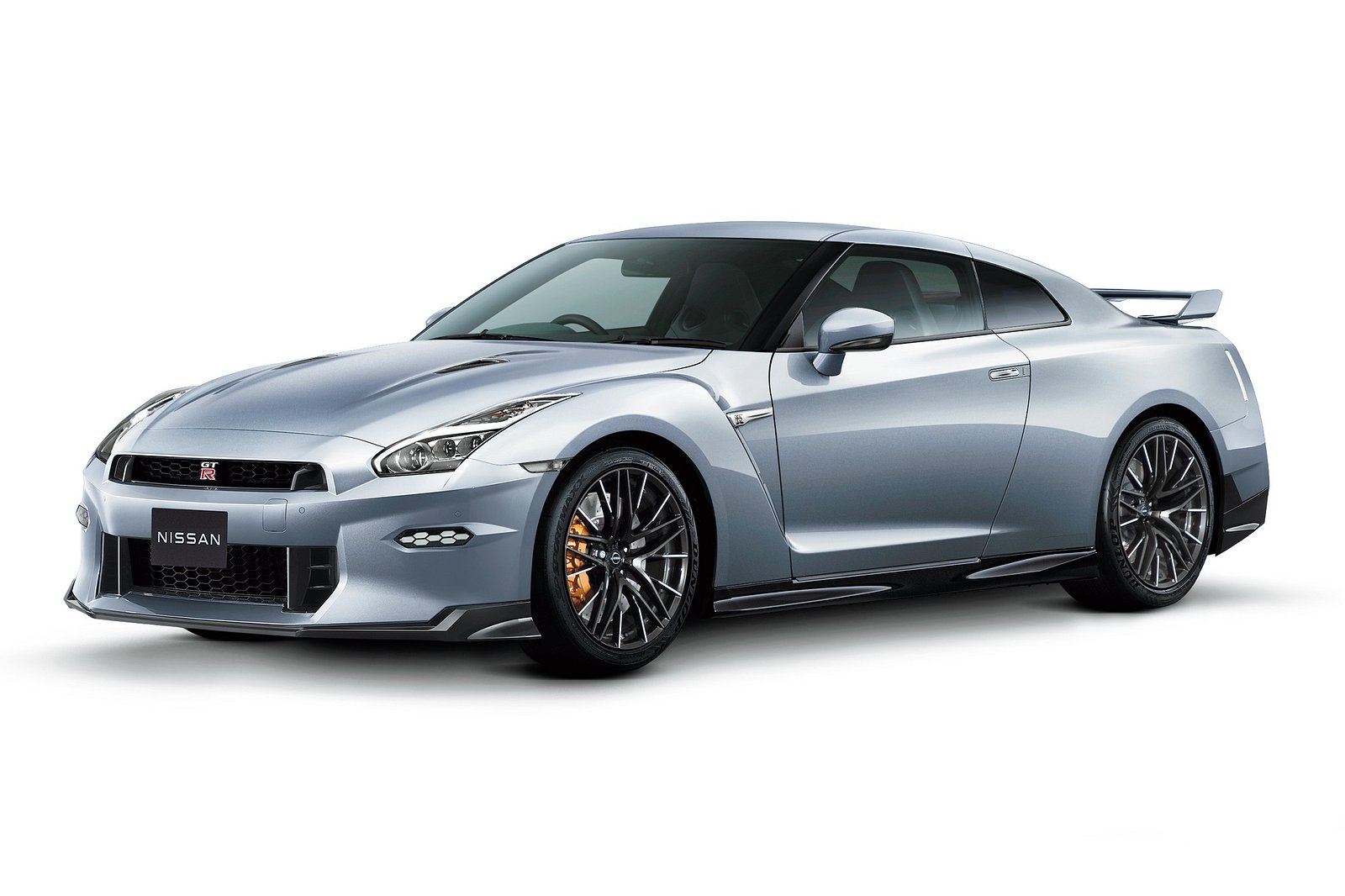
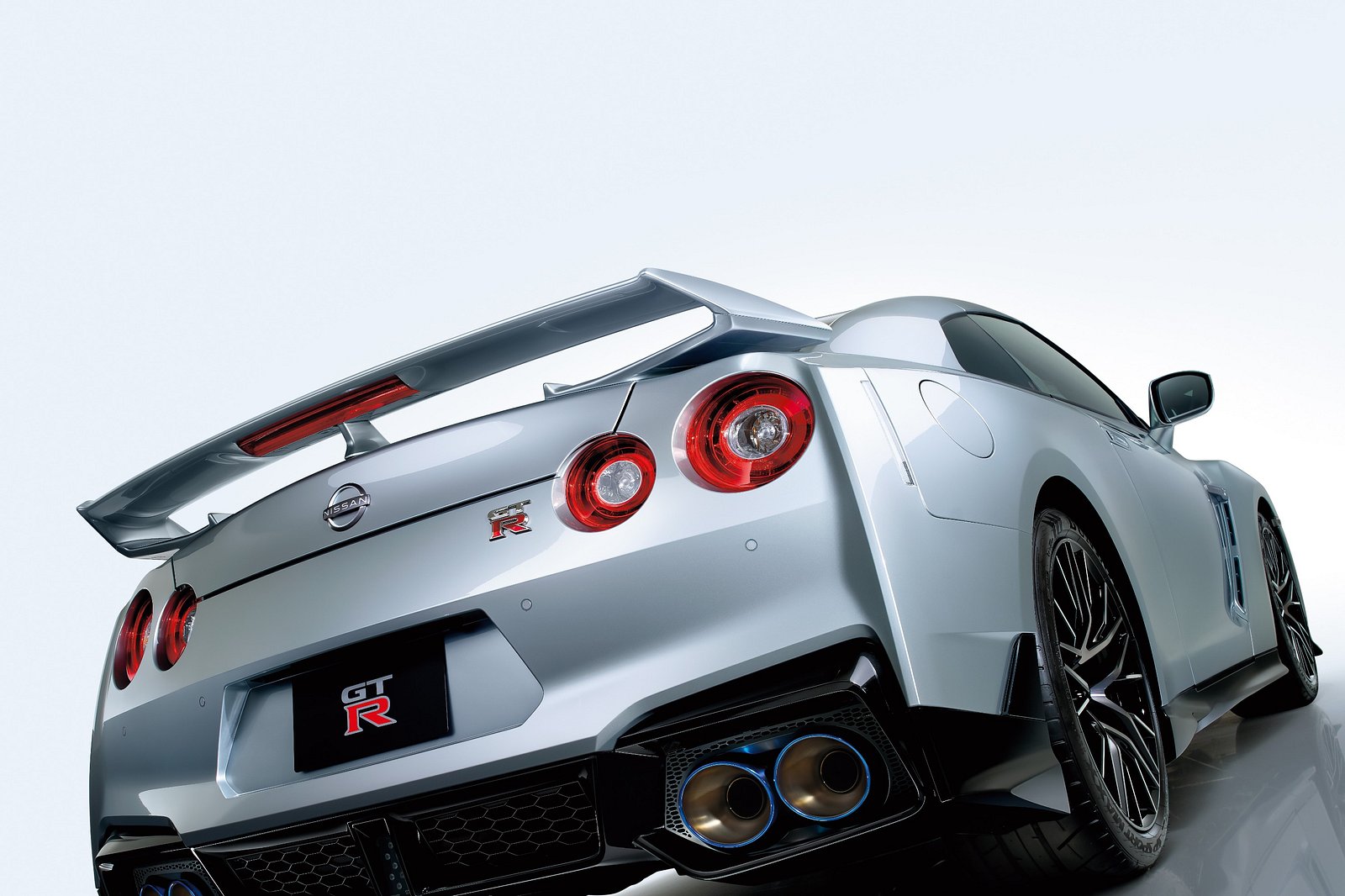
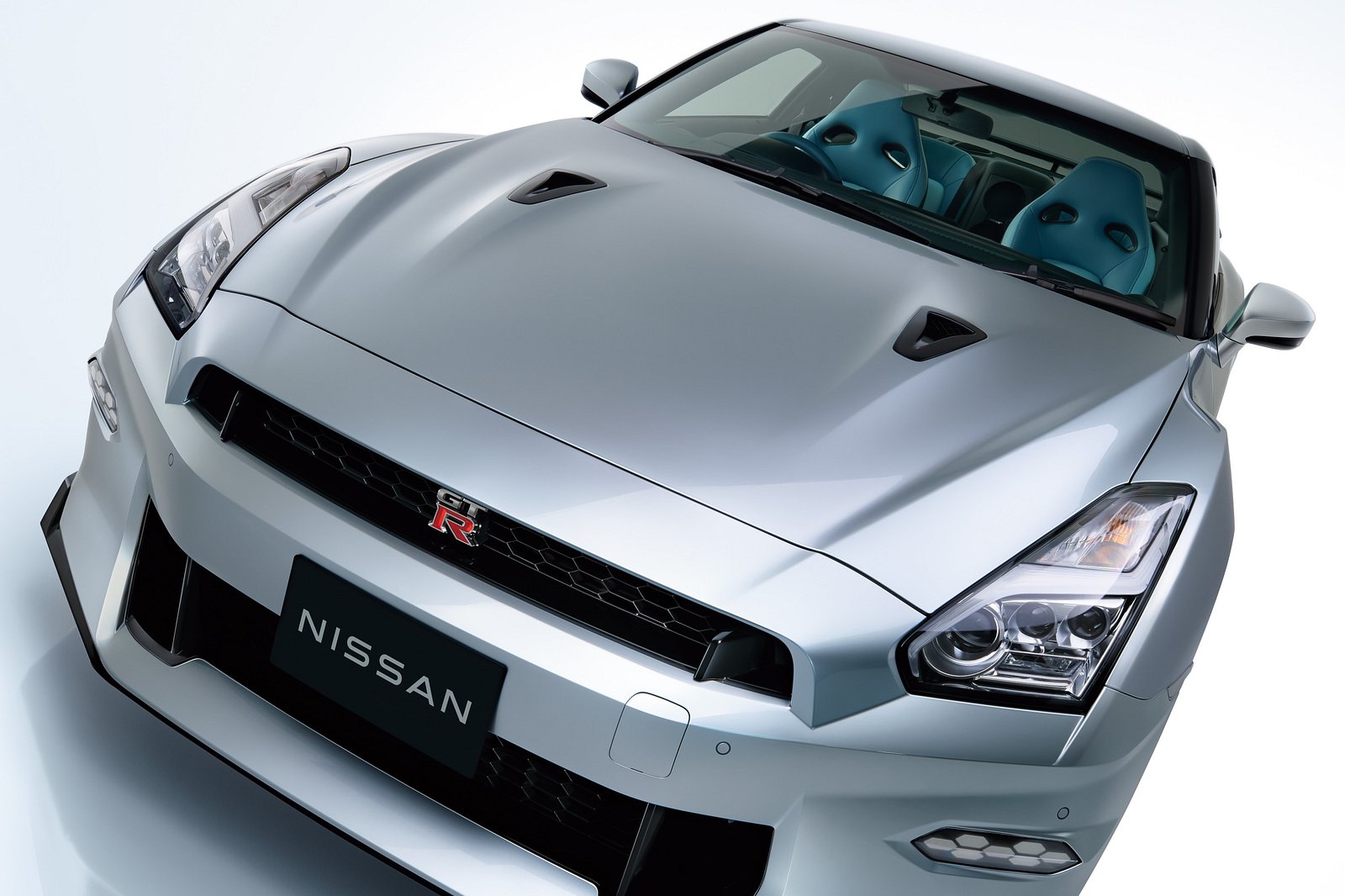
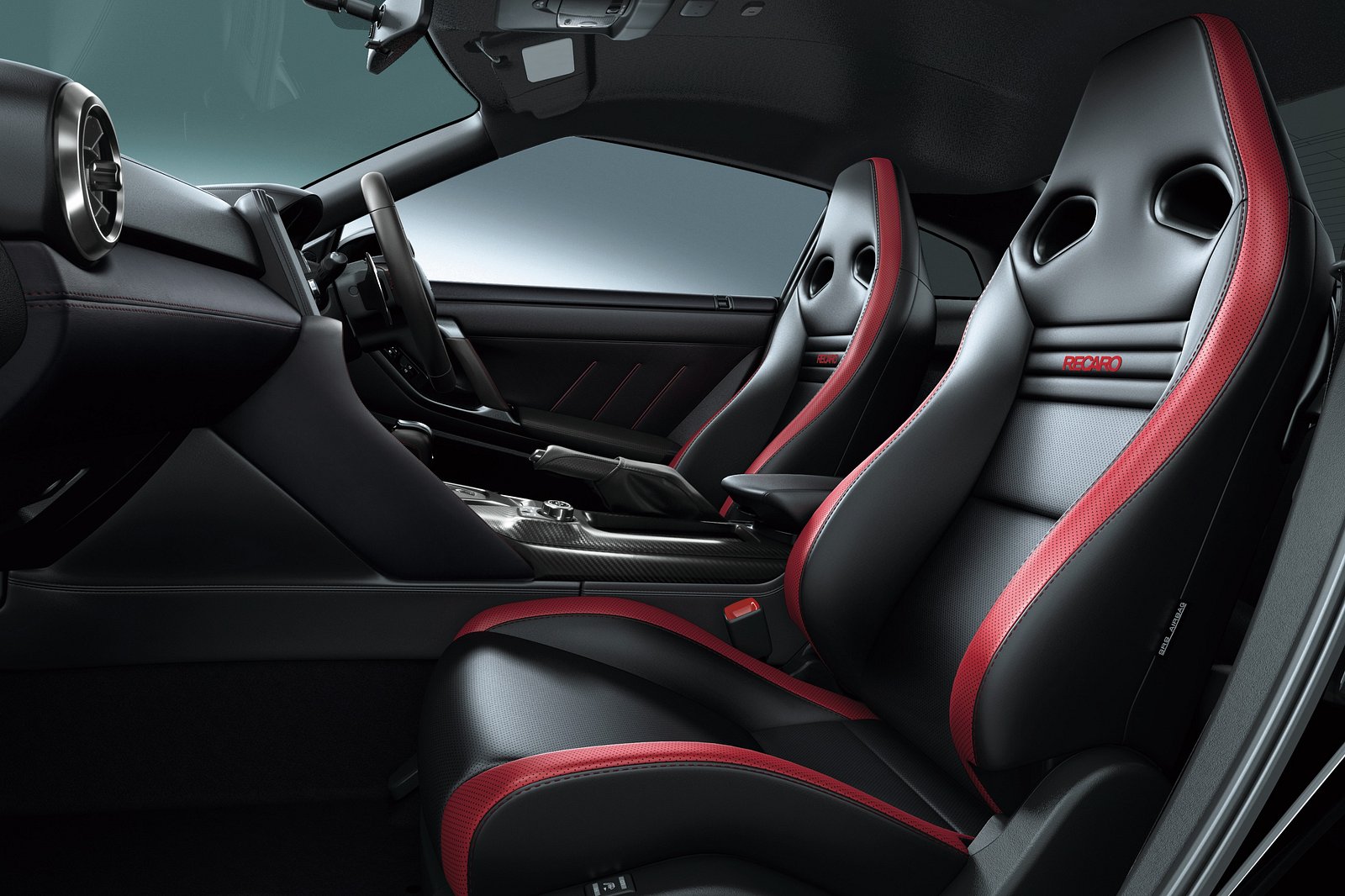
According to sources, there is a possibility that the Hyper Force concept design may be put into production before 2030. This could extend the production of the R35 model for several more years. However, it is also possible that Nissan may choose to discontinue the R35 earlier than expected, leaving a significant gap between the R34 and the current version.
It is inevitable that the R35 will undergo electrification, but it is possible that it will come in the form of a plug-in or mild hybrid rather than a solely electric vehicle. Nissan does not anticipate any challenges in pursuing the battery-electric route, as demonstrated by their enthusiastic production of high-performance EVs such as the Ariya Nismo.
Although it may be enticing to create an electric version of the beloved R35, devoted fans and customers of this supercar show their unwavering loyalty to its powerful VR38DETT engine, known for its durability and ability to handle increased horsepower. Introducing an electric GT-R could potentially estrange Nissan’s current customer base.

